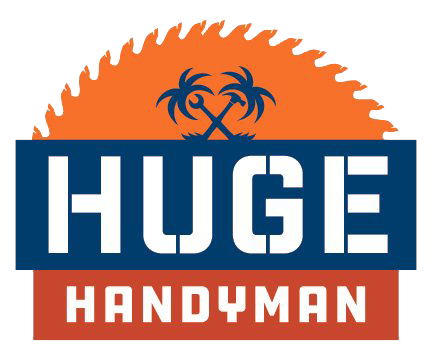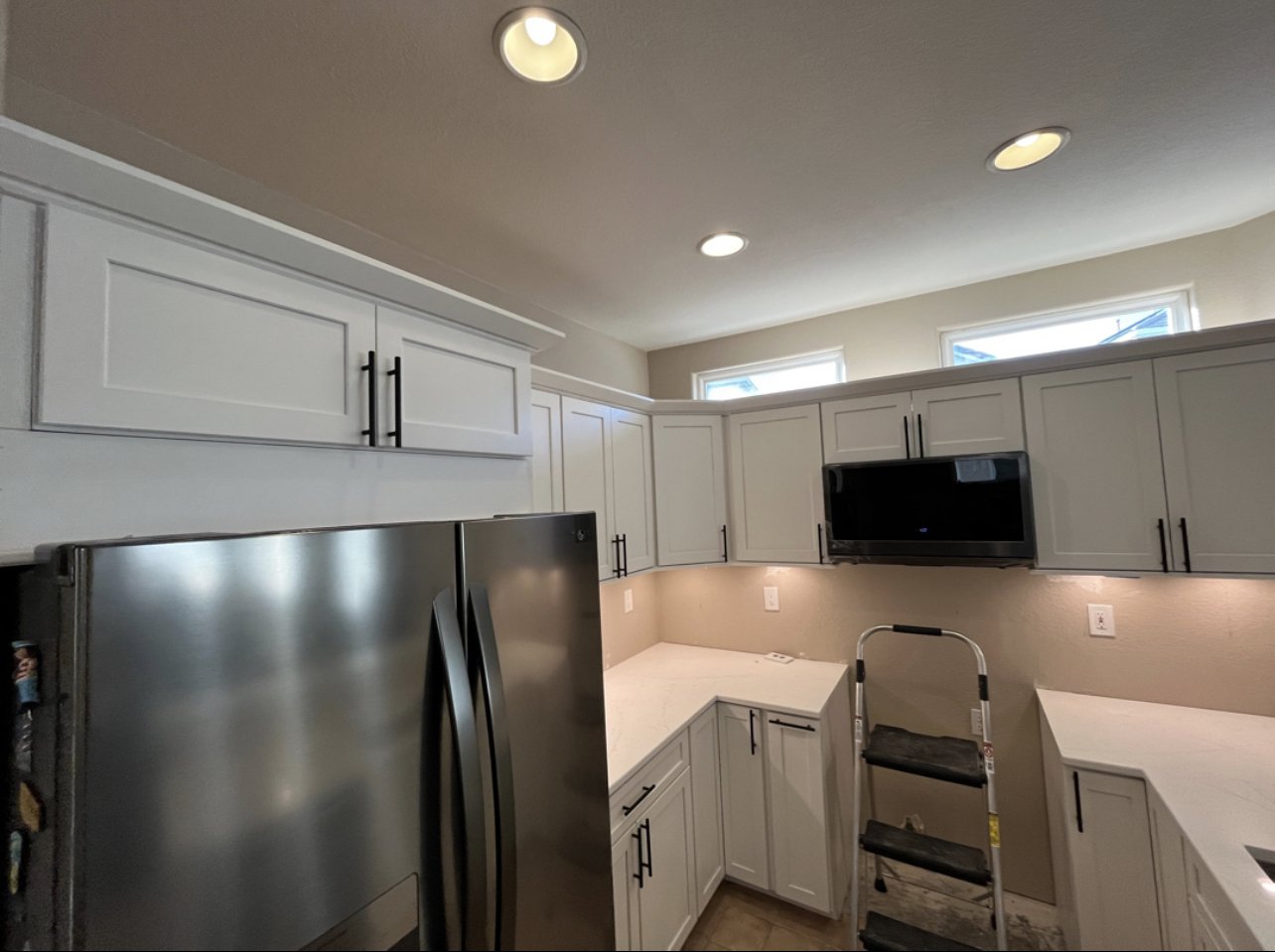What to Look Out for When Selecting a Contractor: What to Expect and How to Avoid Shoddy Workmanship
Are you planning to have work done on your home or business? Maybe you need some new shelving, or your kitchen needs a reboot. Whatever the project, you'll want to find a contractor who will do a good job at a fair price. But how do you know whom to trust? There are many horror stories out there about contractors who disappear with your money or leave you with shoddy workmanship. To avoid these nightmares, here are some things you should look out for when selecting a contractor.
Your First Step
The first thing you need to do is research. Don't just pick the first contractor you come across on the internet. Check the contractor's license and insurance information. You can actually look that up on www.CSLB.gov. Look up reviews and ratings from past customers on websites such as Google, Nextdoor, or Thumbtack. Ask friends and family for recommendations. Once you've narrowed down your list, you should meet with each contractor in person. Here are some questions you should ask.
What to Look Out for When Selecting a Contractor?
When selecting a contractor, you should look out for the following:
Unlicensed contractors: A contractor without a license might offer a cheaper price, but they might not be insured or qualified to do the work.
No references: Most contractors should have a digital footprint that you can check for reviews of past work. Check to see if they have a website, or a page on job posting site like Thumbtack.
Lack of communication: If the contractor takes a long time to respond to your calls or emails, or if they don't show up on time for meetings, it could be a sign of poor communication skills. Just imagine how that could play out if you don’t like some of their work!
Unprofessional behavior: Watch out for contractors who are rude, pushy, or disrespectful.
No written contract: A written contract protects both you and the contractor. It should include a detailed description of the work to be done, the timeline, and the payment schedule.
Bad Reviews: Bad reviews aren’t the end of the world but will give you an insight into how they run their business. Look at responses to bad reviews. Contractors that take their criticism personally
Questions to Ask a Contractor
When you meet with a contractor, ask the following questions:
How long have you been in business? A contractor with a long history is more likely to have a good reputation.
Do you have a license and insurance? Ask to see the documentation.
Can you provide references from past customers or a portfolio of work?
Have you done similar projects before? Ask to see pictures or visit a completed project.
How do you handle change orders? Sometimes unexpected issues arise during a project. The contractor should have a plan for handling these changes.
What is your payment schedule? A reputable contractor won't demand full payment upfront.
FAQs
Q: How do I know if a contractor is licensed and insured?
A: Go to www.cslb.gov. They have a place to look up their license number. A contractor should have that number easily accessible and on all their marketing materials.
Q: Should I get multiple bids?
A: Yes, getting bids from multiple contractors will help you compare prices and ensure you're getting a fair deal. Taking the lowest bid is not the best option most the time. You are looking for VALUE not PRICE.
Q: How long should a project take?
A: The timeline will depend on the project. A good contractor should be able to provide an estimated timeline. Things come up that extend the timeline so be aware that it’s not set in stone, but they should have a plan for those issues.
Q: What if I'm not happy with the work?
A: Talk to the contractor first. If you can't come to a resolution, you might need to hire a mediator or take legal action.
Q: Can I do the work myself?
A: Depending on the project, you might be able to do some or all of the work yourself. Watch a lot of Youtube videos.
Q: What should I do if the contractor disappears with my money?
A: File a complaint with CSLB.gov. Be aware that they can only ask for a deposit of 10% of the quoted amount, UP TO $1000. Yes, that's correct! Some contractors will ask you to buy materials because of this regulation and that’s perfectly ok.



